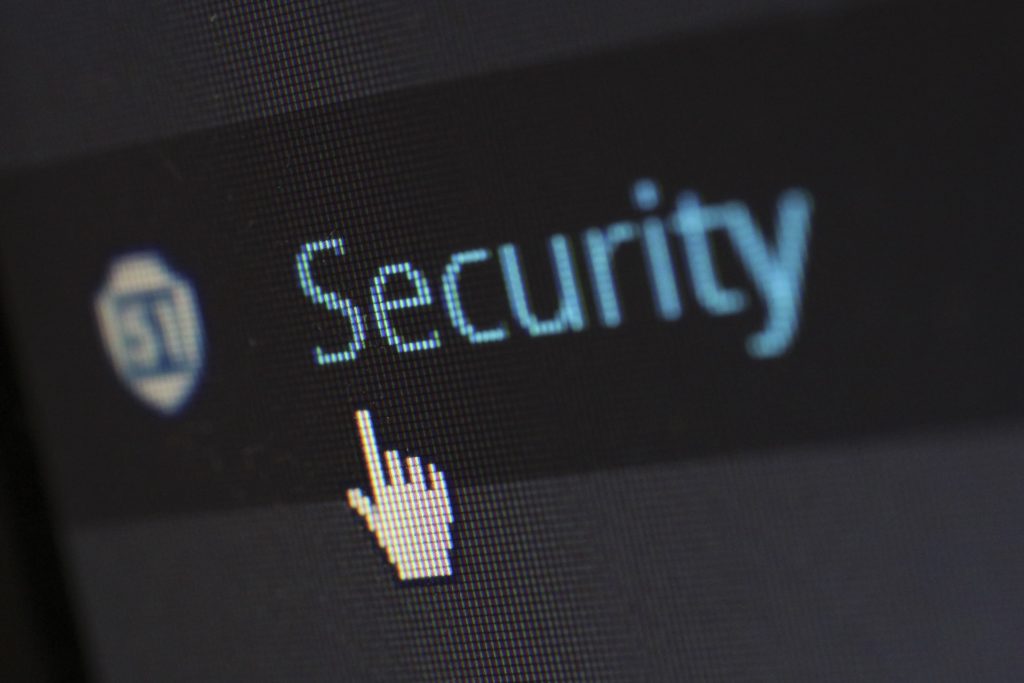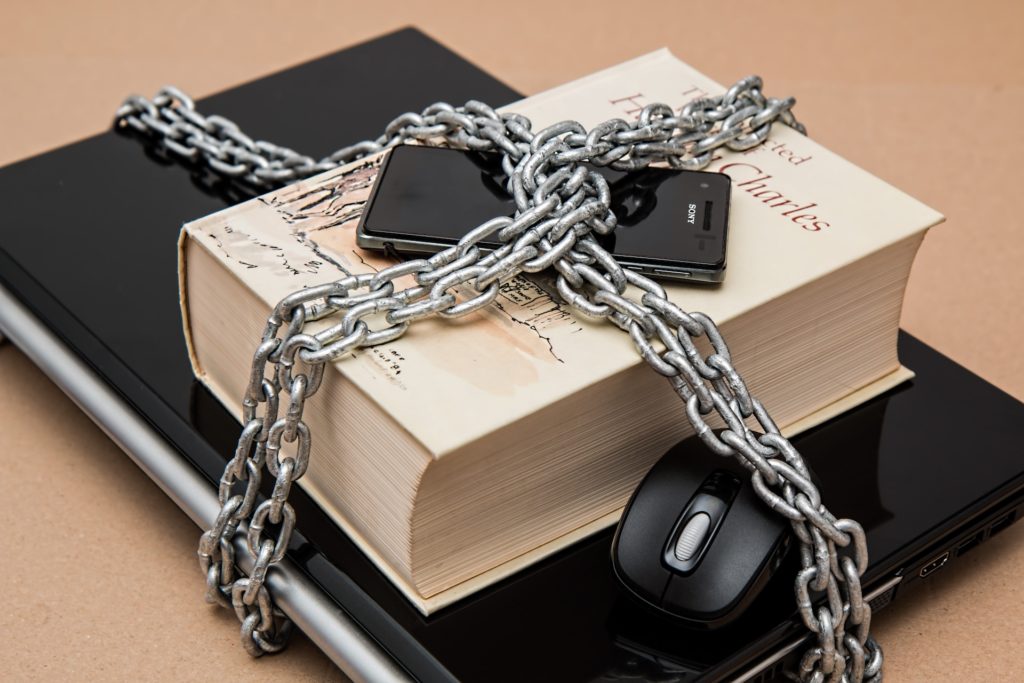Online Security
In this day and age of our entire lives being online, it’s more important than ever to use password managers. The days of using the same password across multiple platforms are gone. Hacking, and personal identity theft, are on the rise. Major platforms have frequent data breaches and it’s important that one platform breach doesn’t cause problems on other platforms. When you use the same email address and password in multiple places, this becomes an issue.

When outsourcing to a virtual assistant a reliable and comprehensive password manager becomes even more important. Being able to update a password for both yourself and your team is vital. Especially in situations where there has been a data breach of some sort.
Unique passwords are important
It is also really important to use unique logins for different platforms. As wonderful and easy as it is to sign up for a service with your Facebook or Google login, when it comes to outsourcing those platforms it becomes a nightmare for your team. As a VA I have to manage 6 Facebook logins in order to access other platforms gets terribly complicated.
On a few occasions I have had clients who’ve been locked out of their Facebook accounts. Almost always due to nothing they did on purpose. The problem arises when they’re using that login for other marketing platforms. None of the team is able to utilise that login to access anything. If those password had been compromised (as has happened a few times recently), that login now grants access to multiple platforms as well. I highly recommended that you have a unique login and unique password for every platform that you use.
Since we now live, and love, on the internet, that’s a lot of passwords!

Password formulas?
Trying to keep a formulaic password becomes a nightmare to manage on your own, especially when logins are requiring more and more complicated passwords. Humans are also really bad at randomising.
It’s interesting to note that the old “secure password formula – minimum 8 characters, one number, one upper case, one lowercase, one special character – is now proving to not be as secure as previously thought. People are far more likely to use a similar password each time, or to use familiar, personal information to create these passwords. The standard number substitutions for letters are the most common, or the use of significant dates. If hackers know even a little about you, these types of passwords are quite easy to break.
The best passwords are long, complicated and very difficult to remember. Which makes it really hard for humans as well. New research is suggesting that 3-4 unrelated words are actually much harder to crack, but are somewhat easier for humans to remember. There are still recommendations around to keep your passwords in a book, but honestly, who has time for keeping track of the book, and remembering to take it with you everywhere you might need a password?
Given the sheer number of passwords we need to remember now, I would much rather suggest a good password manager.
My computer has a password manager…
Most operating systems come with a password manager built in, so why isn’t that a good option?
When it’s just you, and you only work on one platform, then something like Keychain from Apple, or Chrome password manager are sufficient, however these platforms make it very difficult to share passwords with a team or someone else (how often do you need to share password with your partner for something?!). They’re also reliant on you remaining on that platform in order to keep your passwords.
The problem with these password managers is that when you do need to share passwords with another person you have two problems. Either you’re sharing the passwords over an insecure medium – email, chat, file sharing; or you’re sharing it over an imperfect medium – voice note or phone call. Either way there is risk associated with these methods.
A password manager makes it secure and convenient to keep passwords updated throughout your team. Good password managers use technology to let you know which of your passwords have been compromised. (If you’re curious, have a look at Have I Been Pwned to see if you have any compromised logins). They notify you when you have reused passwords, and they help you ensure you’re using strong passwords on all the platforms you use. Password managers are usually very portable and work well over a multitude of devices and platforms.
Password managers – choices
At WAHM WorkSpace we use 1Password. I’ve been using it in my personal capacity for more than 8 years. I don’t even know most of my passwords at all. I have the app on my phone, my computer and the browser extension in all the browsers I use. All I have to remember is my One Password – the master password to get into the app. 1Password remembers the rest for me. Even better is that now with phones using biometrics, I can unlock my password manager with my face (although wearing a mask when out does make that a little more difficult).
And as a VA, that’s a lot of passwords. My 1Password account has 55 separate vaults that I’m a member of and over 950 passwords and other secure information kept safe in there. I have over 30 Google logins alone!
I like 1Password because of the ability to share selected vaults with selected people. 1Password notifies me in real time, of all compromised websites, as well as which of my (and my clients’) passwords may have been compromised. This feature is so helpful. More importantly is that when a password is updated, everyone on the team has the new password the next time they need to login.
But I’m just starting out
My advice is that even if you’re just starting out, build your business with a future team in mind. It’s true that Outsourcing is the new Hustling!
Follow these tips to ensure outsourcing is as easy as can be:
- Use a password manager from the beginning.
- Use a unique login wherever possible.
- Check for compromised websites and passwords regularly
- Change and update your password regularly. Especially when you get a notification from a website.
- Use 4+ word passwords rather than the “unique character” method.
There are other password managers, but the two that are generally considered the best are 1Password (for teams and families) and LastPass (for personal use and occasional sharing). I really liked the comparison that Zapier did of the two.
Stay safe online, and if you’d like us to assist with setting up your password manager, pop us an email, and we’ll happily assist.
